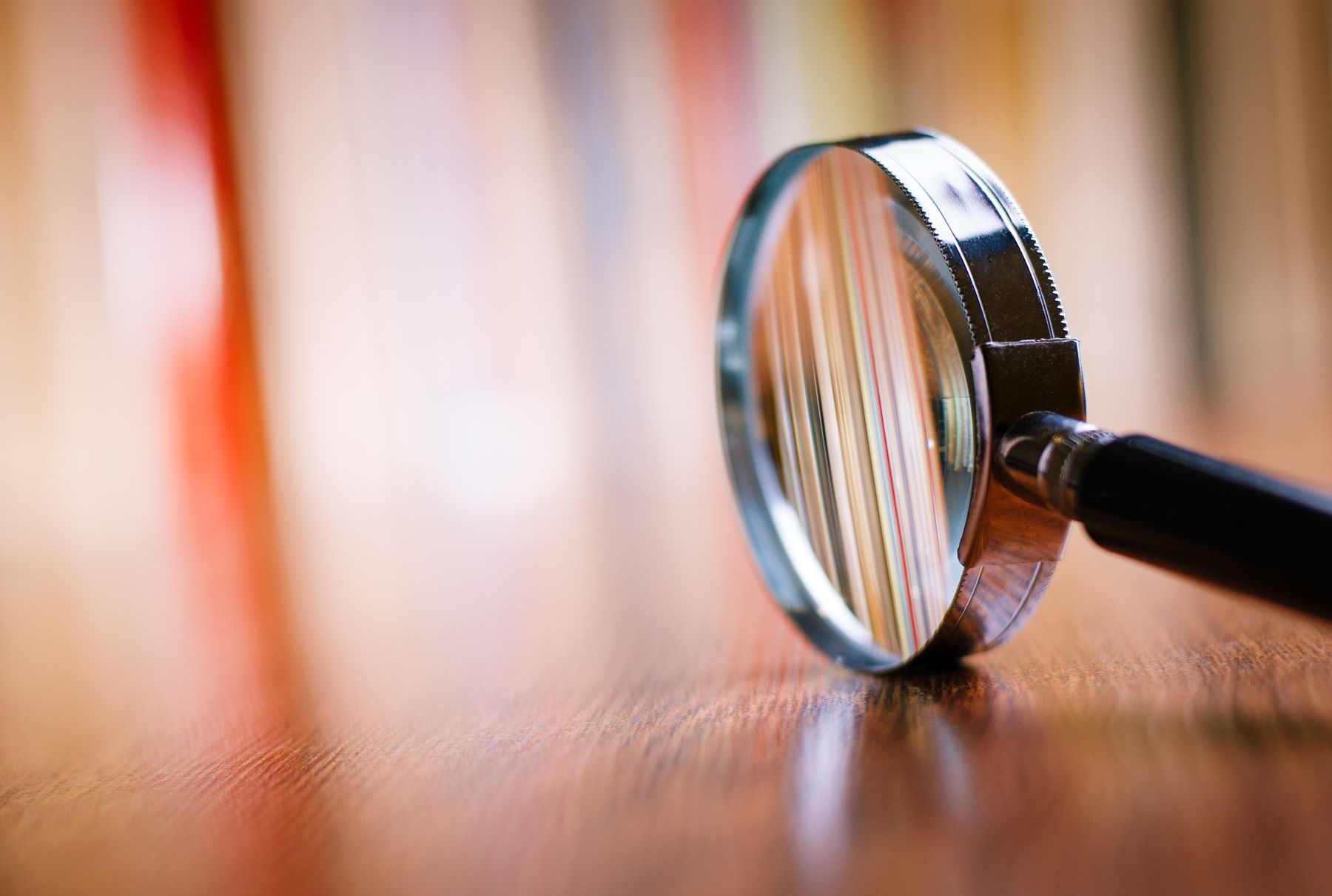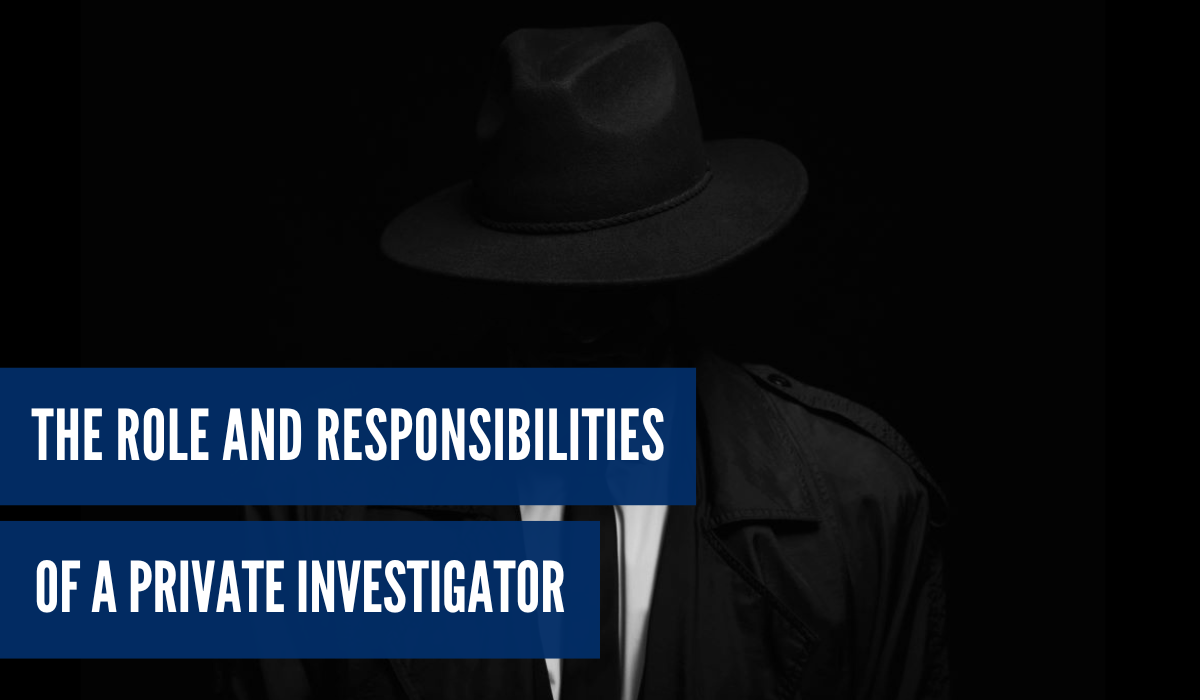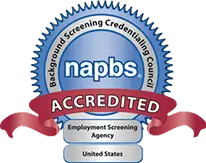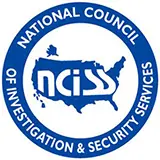Private investigators often capture our imagination, as their work seems to mirror the thrilling world of detective novels and movies. However, beyond the allure of mystery and intrigue lies a profession that plays a critical role in gathering information, uncovering truth, and providing valuable insights to clients.
Let’s take a look into the role and responsibilities of a private investigator and shed some light on the diverse tasks they undertake to serve their clients effectively.
Understanding the Role
The role of a private investigator revolves around conducting investigations on behalf of individuals, businesses, or organizations. PIs are typically hired to gather information, uncover evidence, and provide detailed reports on a wide range of matters. From conducting background checks to surveilling subjects and conducting interviews, private investigators offer a variety of specialized services tailored to the unique needs of their clients.

Responsibilities of a Private Investigator
Gathering Information: As you’d expect, one of the primary responsibilities of a private investigator is to gather information that may be relevant to a case. This could involve conducting extensive research, reviewing public records, analyzing documents, or utilizing online databases to obtain crucial data. The ability to navigate through various sources and extract pertinent information is an essential skill for any investigator.
Surveillance: Private investigators often engage in surveillance activities to monitor individuals or locations discreetly. This can include observing subjects, taking photographs or videos, and documenting activities relevant to an investigation. Surveillance requires patience, attention to detail, and the ability to blend into different environments without raising suspicion.
Background Checks: Private investigators excel at conducting comprehensive background checks. Whether it’s for pre-employment screening, due diligence in business transactions, or personal matters, they delve deep into an individual’s history to uncover any relevant information such as criminal records, financial records, or past associations. These checks help clients make informed decisions and mitigate potential risks.
Locating People: Finding missing persons or locating individuals is another critical responsibility of a private investigator. Whether it’s locating a long-lost relative, tracking down witnesses for legal cases, or serving legal documents, private investigators employ various techniques and resources to locate individuals who may be intentionally hiding or difficult to find.
Covert Operations: In some cases, private investigators may need to work undercover to gain information or infiltrate specific environments discreetly. This involves assuming different identities and adapting to different situations to gather evidence or expose wrongdoing. A high level of discretion and quick thinking are required when conducting covert operations. Many times, these operations require an ability to adapt to changing circumstances at the drop of a hat.
Providing Testimony: Private investigators may be called upon to provide testimony in court proceedings, sharing their findings and insights with legal teams or as expert witnesses. These testimonies can have a significant impact on the outcome of a case. This is why it crucial for investigators to maintain accurate records and adhere to professional standards during their investigations.

Private investigators play an integral role in our society, conducting investigations, gathering information, and providing valuable insights to clients. From uncovering fraud and infidelity to locating missing persons and conducting background checks, their responsibilities are diverse and demand a range of skills, including research, surveillance, and interviewing. By combining their expertise with ethical conduct and adherence to legal regulations, private investigators help individuals, businesses, and organizations find the answers they seek, ultimately contributing to the pursuit of truth and justice.
This is just a general overview of the role and responsibilities of a private investigator. The specifics may vary depending on the jurisdiction, the type of investigation, and the individual investigator’s expertise and specialization.
If you believe you need assistance from a private investigator, we can help! Give ASG a call to discuss your situation!










